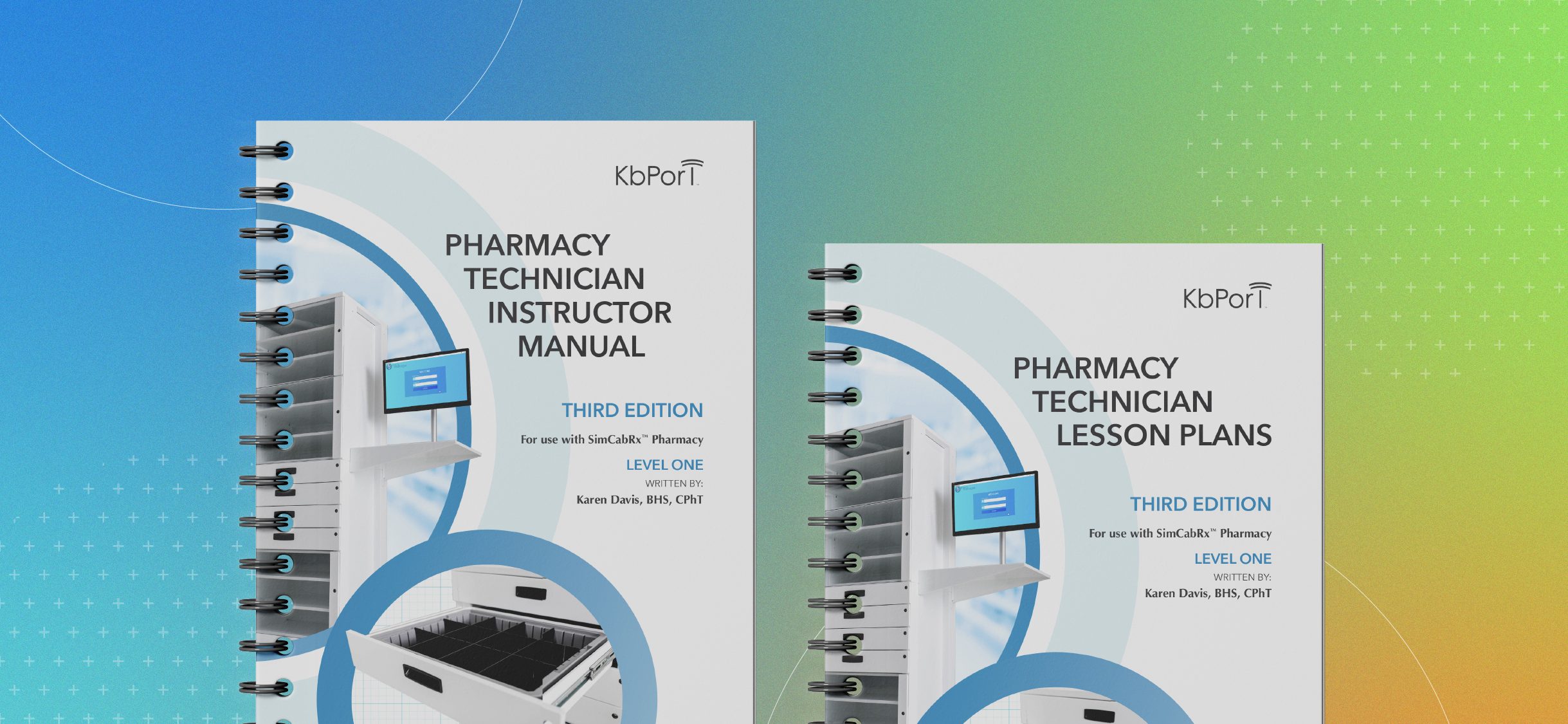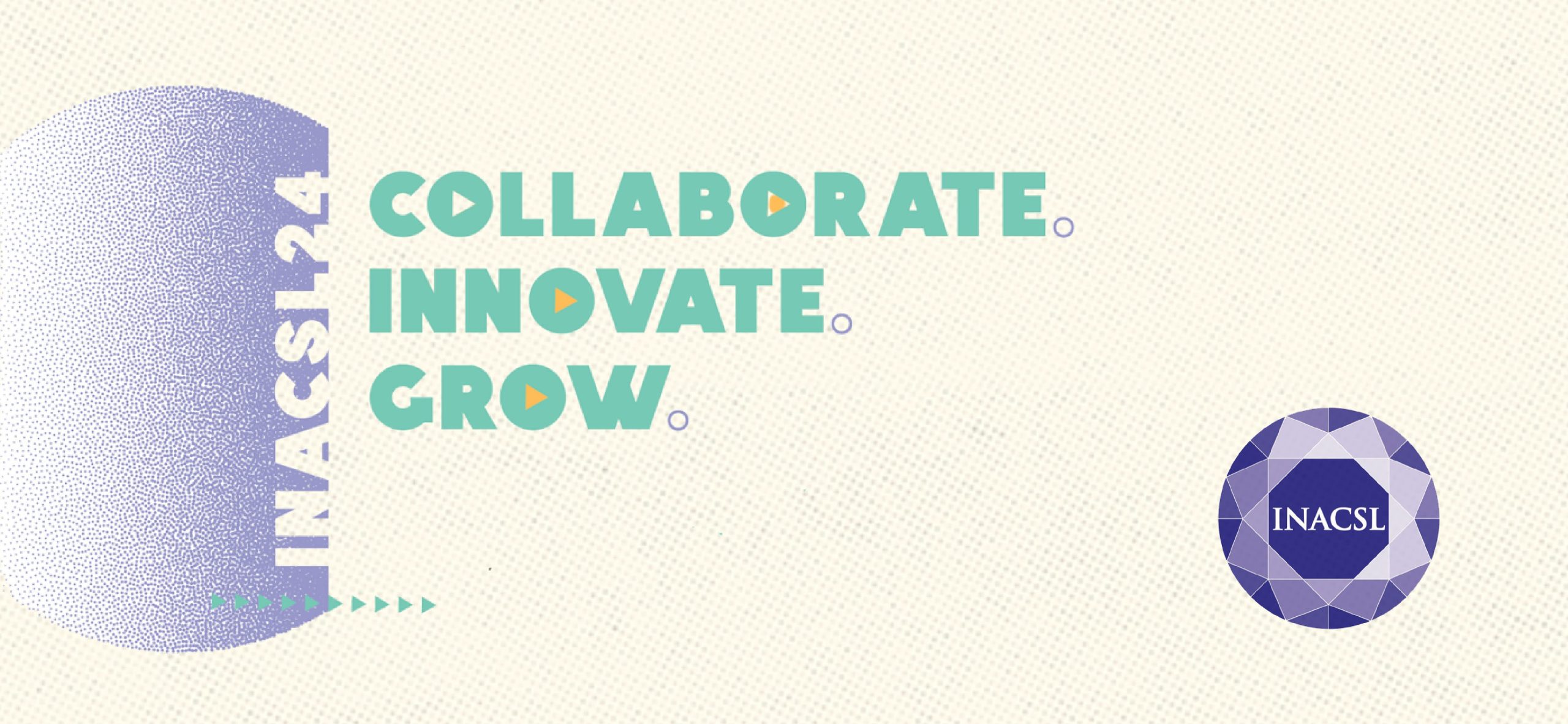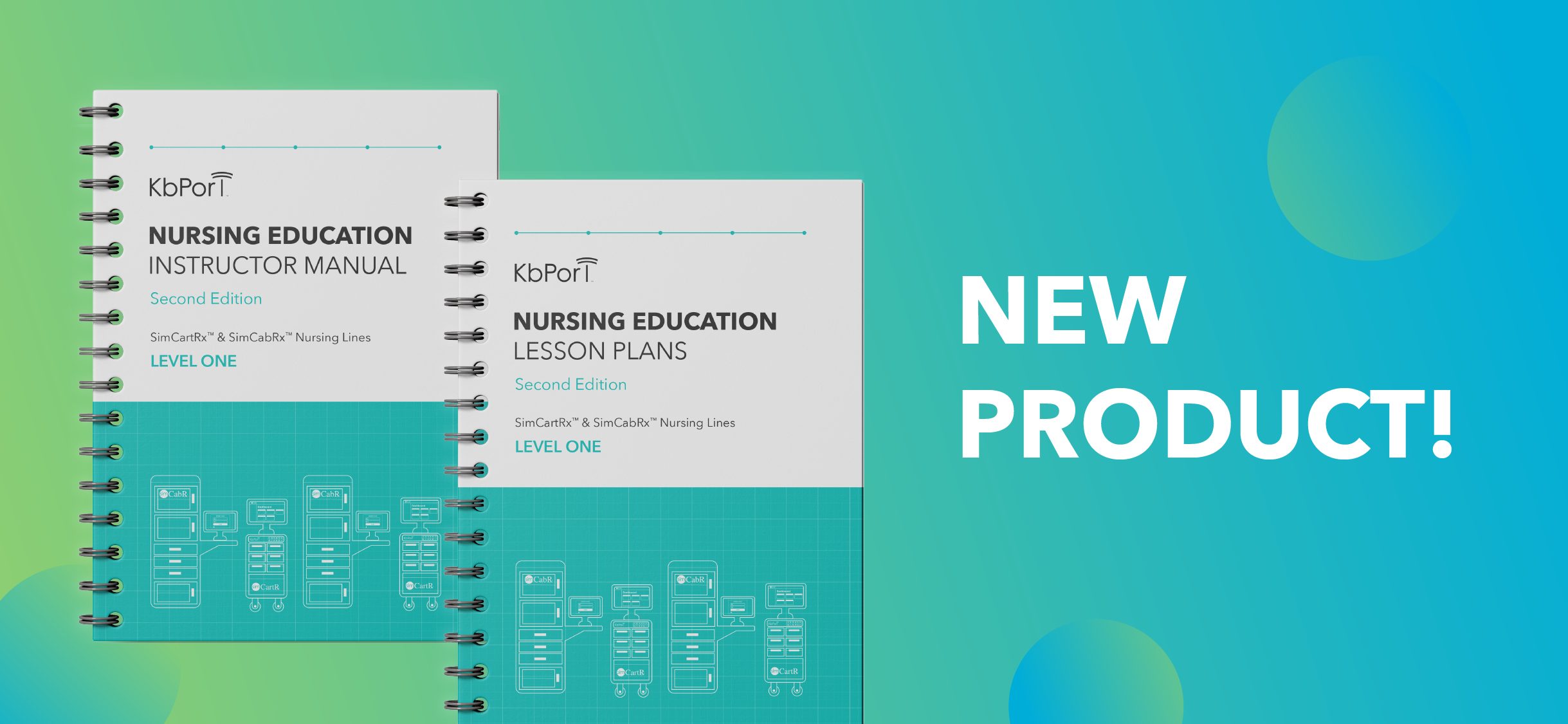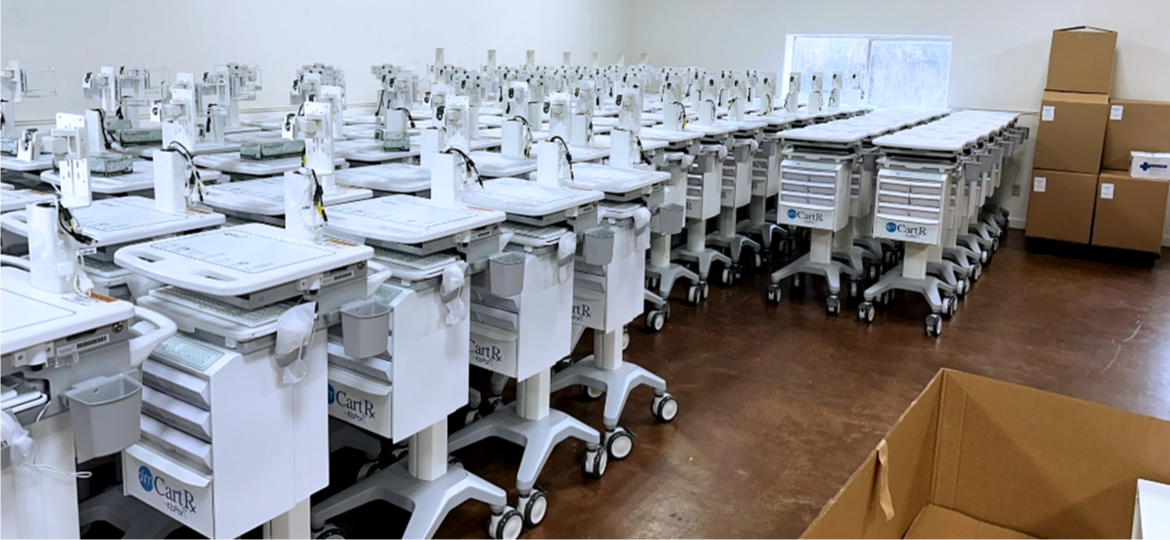Communication is an essential skill for building trust between healthcare workers and patients. When healthcare workers are able to effectively receive information from patients, they can assess and deliver treatment with patient safety in mind.
Patient safety can be greatly affected by communication. Verbal communication must be direct and accurate as it travels from patients and caregivers to nurses, providers, and pharmacy. Written communication in healthcare settings is also important as healthcare workers may provide patient information via email, messaging, or written notes.
It is important to create an environment in which patients feel safe and confident in providing their story and history and can clearly communicate the problems they are facing. Healthcare workers need to have the ability to carefully listen, explain, and assess with compassion in order to meet patients’ satisfaction.
If not enough information is being extracted, it is also crucial for healthcare workers to know to ask the right questions and allow for open communication. Poor communication skills could potentially lead to diagnostic errors, which has the potential to result in a patient’s distrust in healthcare.
Giving clear and careful instructions following a patient’s visit must be done effectively, making sure they are easy to follow and can be done in a precise manner. Oftentimes, patients can be noncompliant to a health provider’s recommendations due to instructions being difficult to follow.
Communication and Teamwork in Healthcare:
Communication enables healthcare workers to be on the same page so potential errors can be avoided. Working in collaboration is key as any errors or delay, due to the lack of communication, can cause harm to a patient’s health.
Good and open communication within the healthcare team is one of the most important skills to have for delivering the best quality patient care. Allowing the space for healthcare workers to inquire about any questions, without judgment, will likely prevent assumptions about any information or decisions.
Patients often evaluate the quality of the healthcare they receive by assessing their interactions with their healthcare provider or team. Because of this, patient’s satisfaction and their overall experience is dependent on open communication. The healthcare worker’s ability to show empathy, provide clear explanations, and listen attentively can make an impact on the patient’s health outcome. Not only that, communication and collaboration within a team, especially in a fast-paced environment, is crucial for providing the highest standard of patient care.
If you liked this article, don’t forget to subscribe for more.






